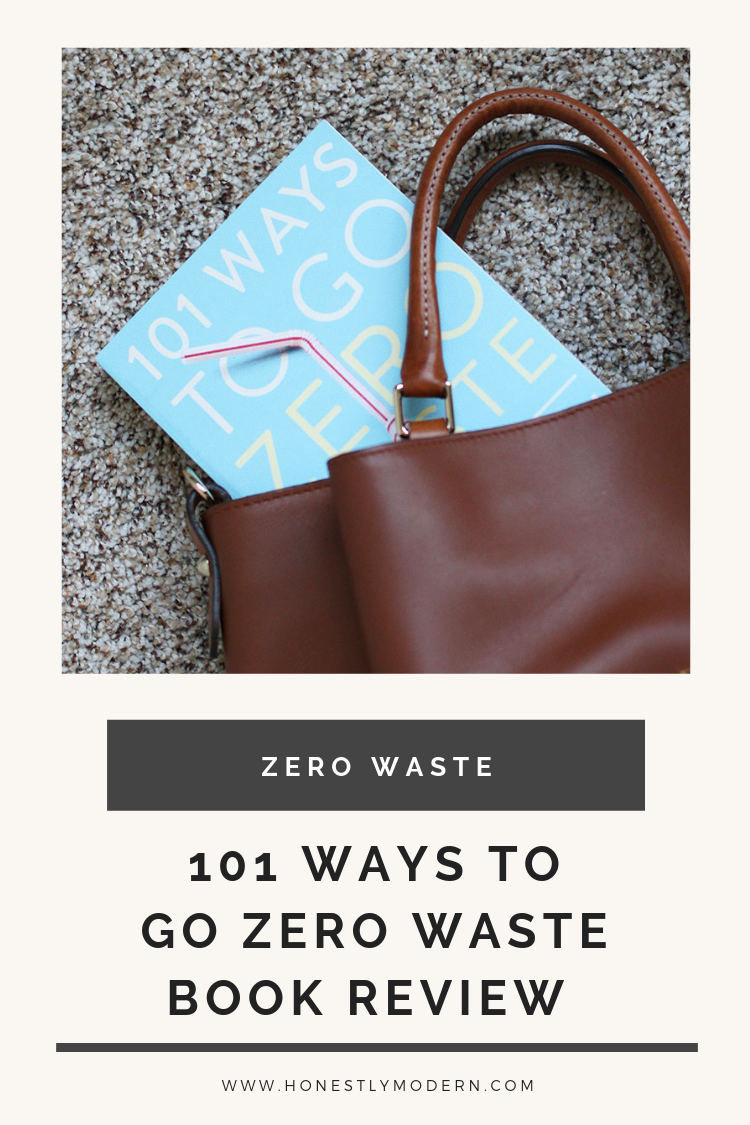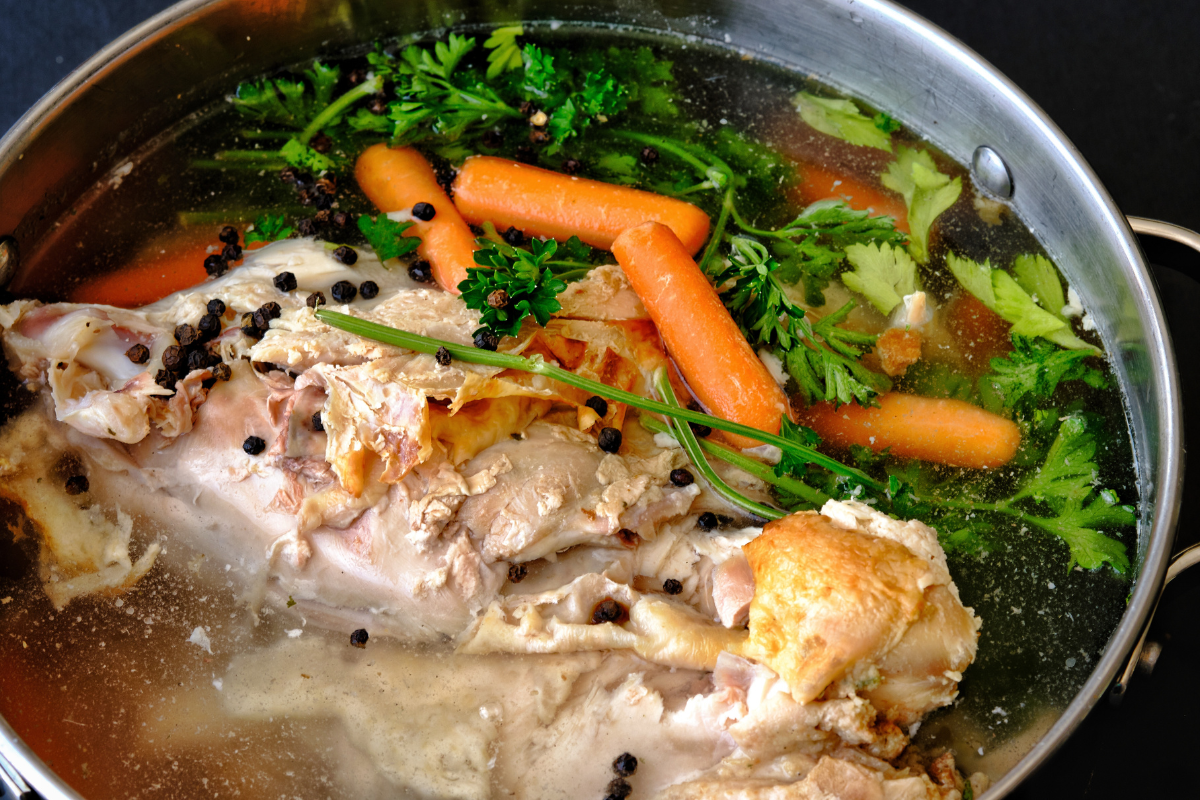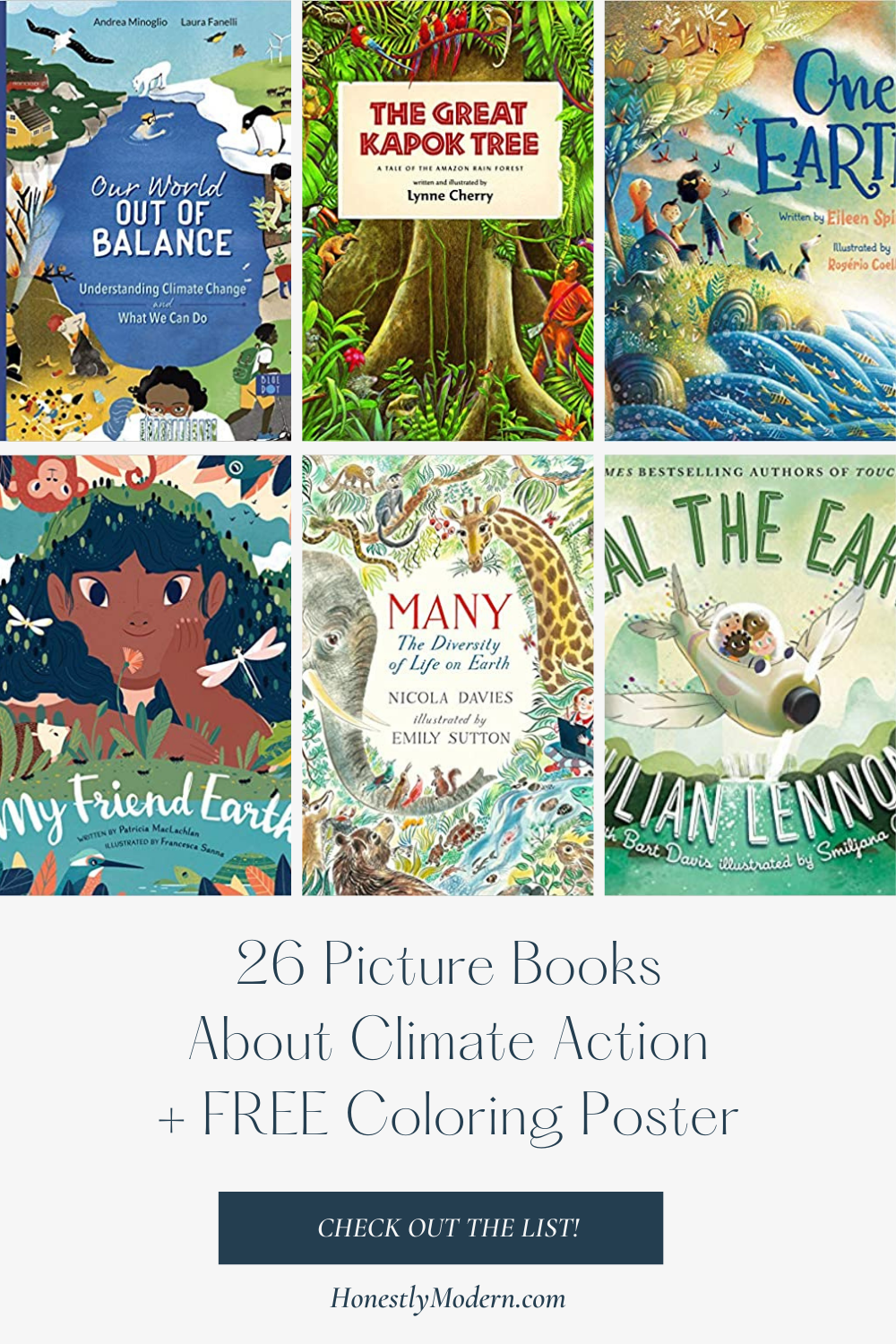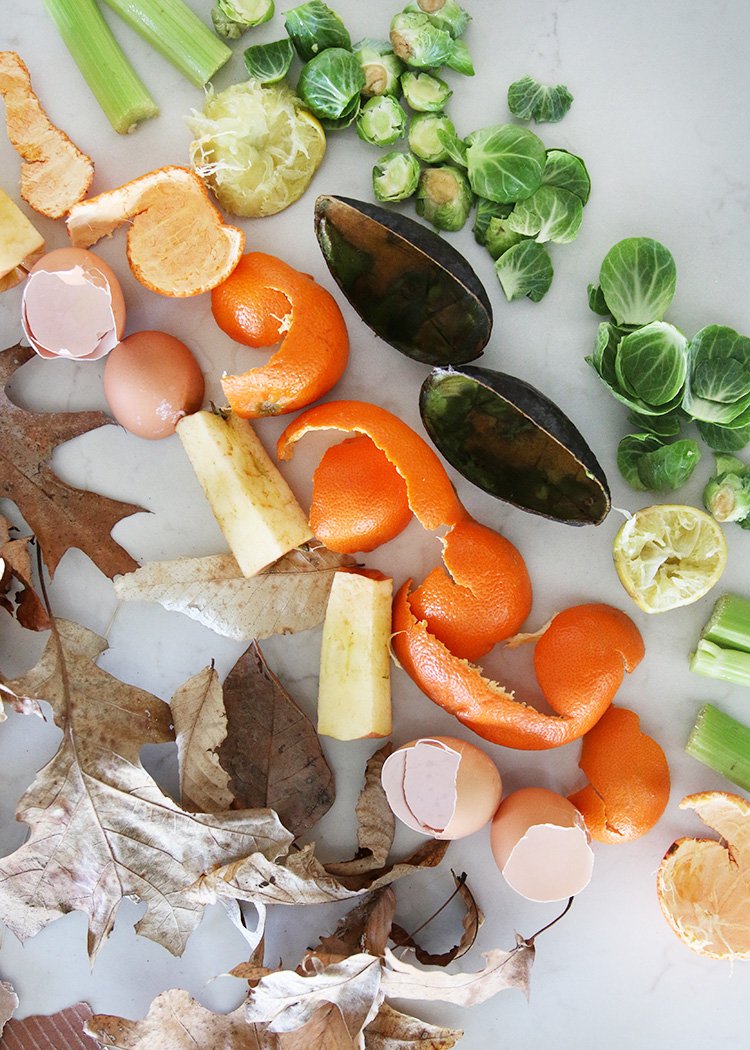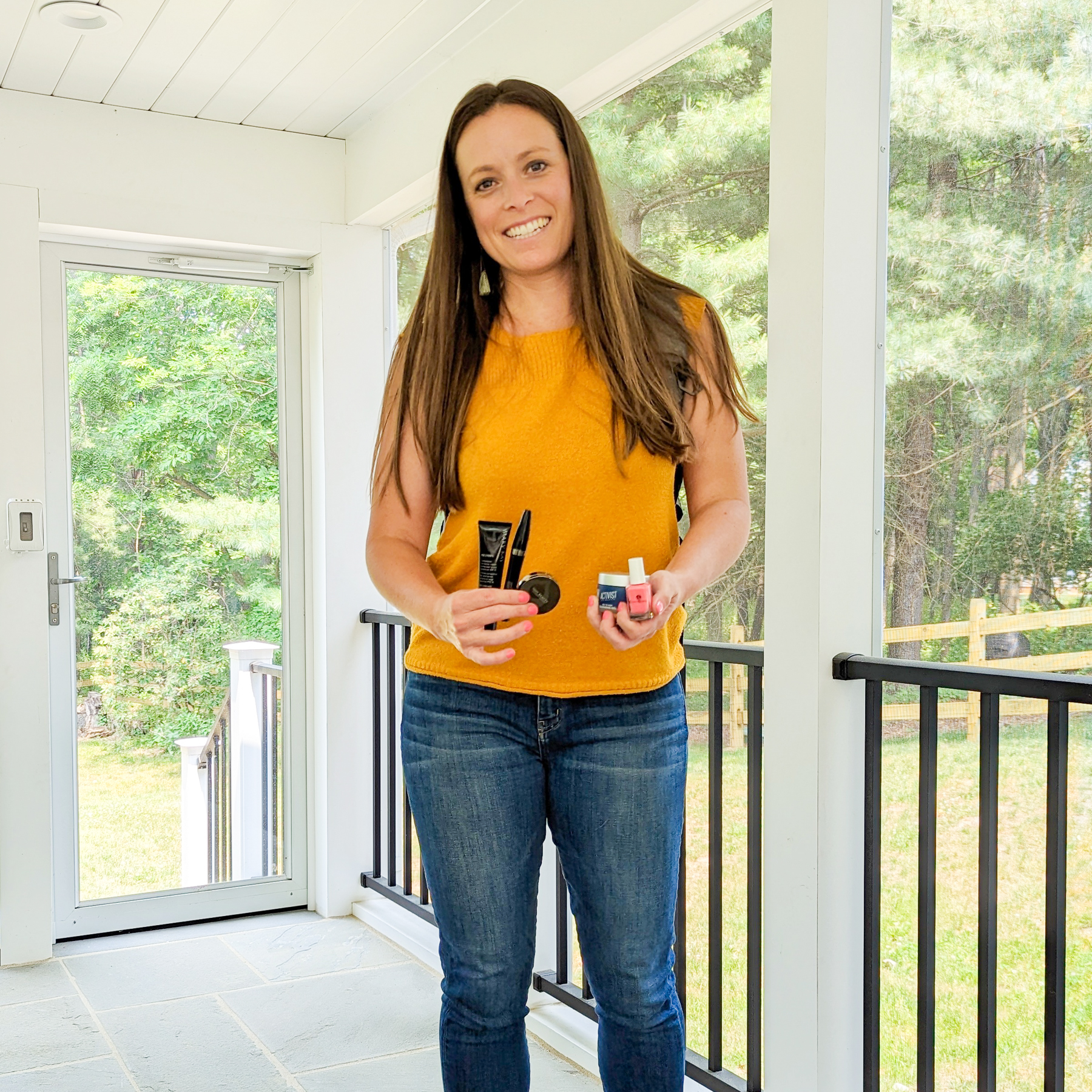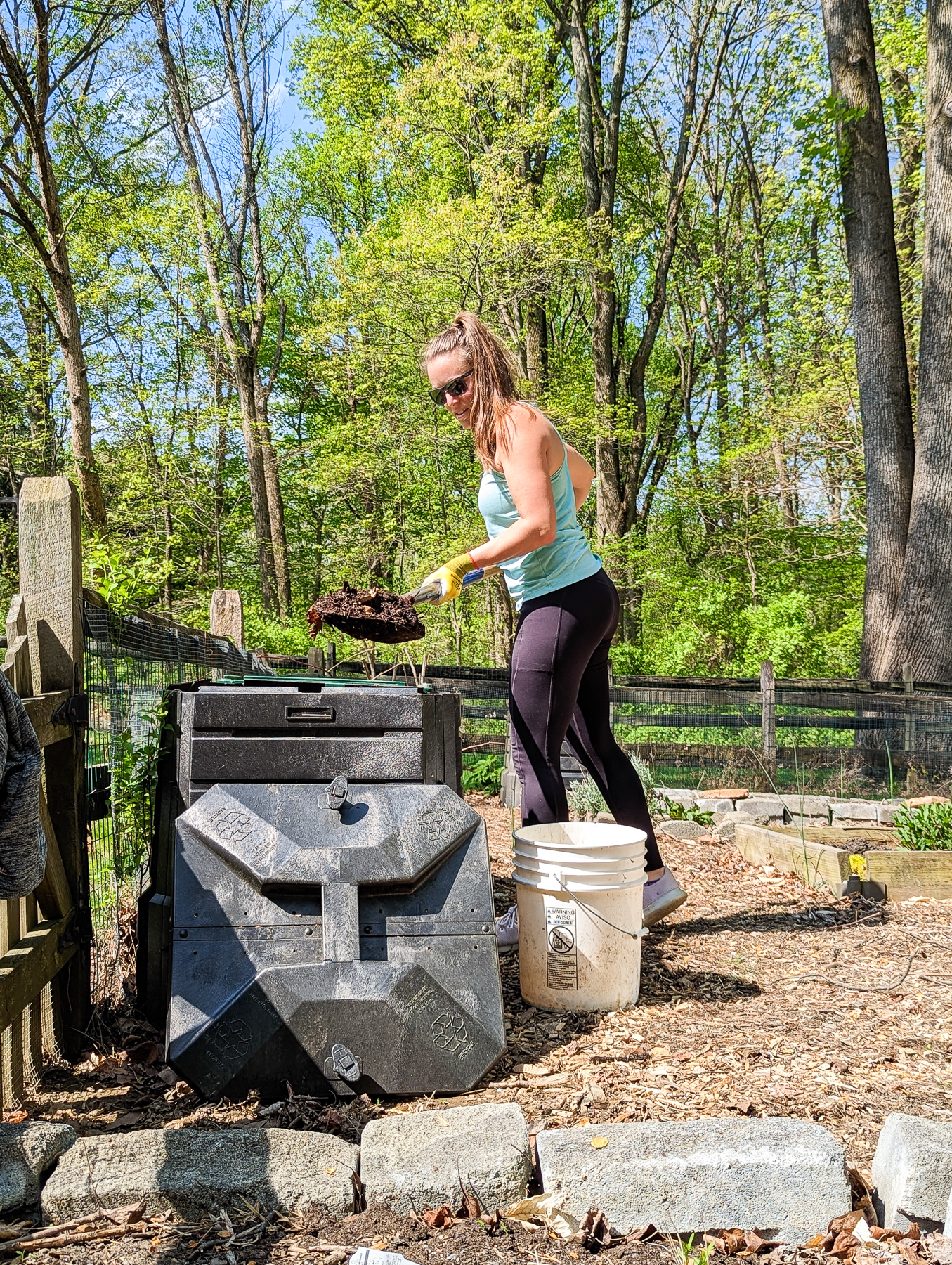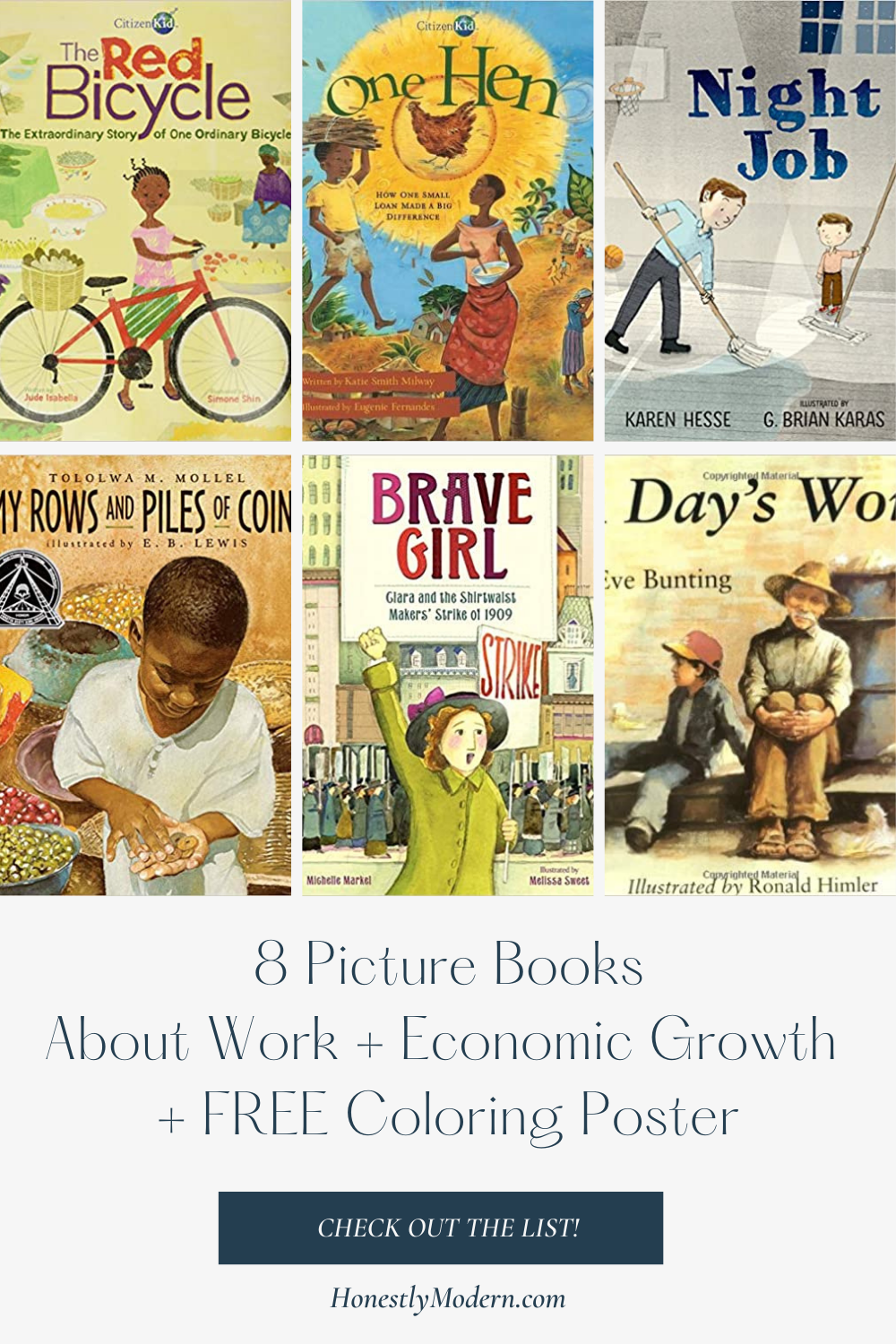101 Ways to Go Zero Waste Book Review
Interested in learning more about zero waste but aren’t sure where to start? Check out Kathryn Kellogg’s book, 101 Ways To Go Zero Waste, for a guide to all sorts of real-life ways you can reduce the waste you and your family create every day.
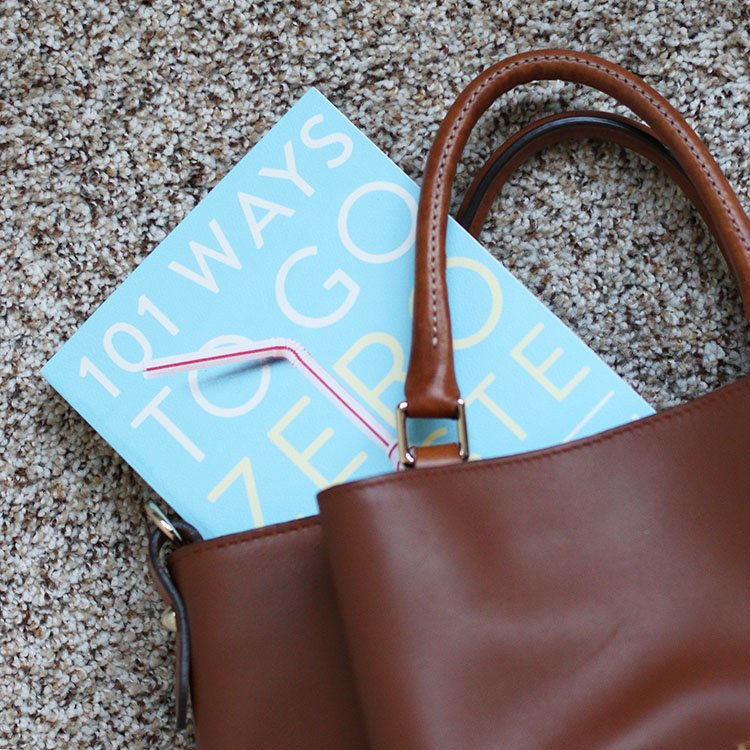
Who’s got time to live a zero-waste lifestyle?! Not you? Not so fast! Especially with this new book, 101 Ways To Go Zero Waste by Kathryn Kellogg of Going Zero Waste, you might be surprised about how much time, money, and space you can save (which all reduce stress) with a few incremental lifestyle changes for your family.
This is the first book in the 2020 Honestly Good Eco Book Club, and I think it’s a great introduction to zero waste. Kathryn has such a great perspective on pursuing a zero-waste lifestyle with grace, finding how it works for you each of us, and understanding that no one is going to be a perfect environmentalist.
As
I have spent the last couple of years pursuing zero waste family living options. Through the seasons of life, our success at reducing waste has waxed and waned. Some months, we find a lot of success while other months we’re piling up trash cans full of garbage out of apparent convenience.
Research of zero waste alternatives continues to be one of my greatest challenges. Pinterest explodes with DIY formulas for cleaning and beauty products, many of which require odd ingredients, only last for a few days before going bad, or simply don’t work. Instagram teams with images of expensive zero waste gadgets with which I can’t fathom flooding my kitchen. After all, doesn’t that defeat the purpose?
When prioritizing how I choose to allocate my time, performing research and testing out zero waste tools and recipes (only to find that most of them fail for us) is a tough commitment for me to make.
We have made simple switches like using reusable grocery bags and water bottles, opting for dishtowels instead of paper towels, and buying bar soap instead of packaged shower gel. But I ran out of steam trying to sift through and organize zero waste resources in an effort to slowly but surely make incremental zero waste progress in our life.
Enter Kathryn’s Book, 101 Ways To Go Zero Waste
I love that this book brings together, in one convenient spot, lots of habits, recipes, and resources Kathryn has vetted in her personal life over the last several years.
Kathryn takes a real-life approach to zero waste. For example, she recognizes that not everyone has time to make fresh DIY recipes each week, so she focuses on shelf-stable recipes that can be prepared in bulk and used for many months. She highlights affordable, multi-purpose zero waste solutions that can replace several products, saving space and money. This book is an efficient resource I can keep on my bookshelf and come back to again and again as we pursue incremental change toward more zero waste family living.
Worth Buying Instead of Borrowing
We are big fans of the library. We check out almost every book we read from the library. Purchasing books is a special treat reserved for only a handful of titles that really warrant the investment and the permanent space on our bookshelves. Because I can come back to this book over time and use it as a guide for incremental change, I’m happy to hold on to this one for the long haul. I can make notes about recipes that work for us and those to which we make slight modifications. I can skim through the 101 tips to try one out on a quiet Saturday afternoon (when those occasionally pop up).
We will never be a truly zero-waste family. It’s not possible in our society today given the infrastructure of our production, consumption and disposal systems. I don’t even strive to master all the zero waste tips in Kathryn’s book; some just aren’t for us.
I suspect that you will find the same to be true if you buy a copy of the book for your family. Not everything will feel “doable” but that’s ok. You will find many zero waste alternatives you can use today, some you will grow into and try in the future, and a handful that just
Some of the things Kathryn shares about we already practice, but there are several I’d like to try. I’m definitely interested in making my own skin lotion (something I’ve done in the past but often found to be too greasy). I also think I’m ready to ditch the leftover containers and bring our own when we go out to eat. The containers provided by restaurants don’t often work that well anyway, so I think this is a better solution for many reasons.
If you buy the book, I’d love to know what you think? Which tips might you try in your journey to live a life less burdened by waste?

